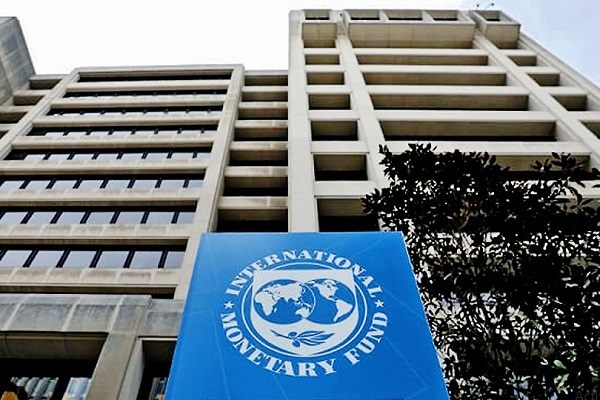The Executive Board of the International Monetary Fund (IMF) completed the Sri Lanka’s second review under the 48-month Extended Fund Facility (EFF) Arrangement, allowing the authorities to draw US$336 million, the IMF said today.
This brings the total IMF financial support disbursed so far to SDR 762 million (about US$1 billion) with the Executive Board concluding the 2024 Article IV Consultation with Sri Lanka.
The EFF arrangement for Sri Lanka was approved by the Executive Board on March 20, 2023 in an amount of SDR 2.286 billion (395 percent of quota or about US$3 billion. The first review of the EFF was completed by the Executive Board on December 12, 2023 with disbursements of SDR 254 million (about US$337 million)
The EFF-supported program aims to restore Sri Lanka’s macroeconomic stability and debt sustainability, mitigate the economic impact on the poor and vulnerable, rebuild external buffers, safeguard financial sector stability, and strengthen governance and growth potential.
Signs of economic recovery are emerging. Real GDP expanded by 3 percent (y-o-y) in the second half of 2023. May 2024 inflation was 0.9 percent and gross international reserves increased to US$5.5 billion by end-April 2024, a statement from IMF noted. “The primary balance improved to a surplus with tax revenue increasing to 9.8 percent of GDP in 2023. Despite improvements in non‑performing loans, pockets of vulnerabilities remain in the banking sector,”
While noting that the recovery remains gradual, and the medium-term growth potential hinges on appropriate policy settings, IMF said that growth is projected to recover moderately in 2024-25 given constrained bank credit and fiscal consolidation, while facing uncertainties around the debt restructuring and policy direction following the elections.
“Inflation is expected to temporarily increase due to one-off factors. The current account is expected to remain positive in 2024, driven by improved tourist arrivals and remittances. Domestic risks could arise from waning reform momentum, especially on revenue mobilization. External risks are associated with intensified regional conflicts, commodity price volatility, and a global slowdown. Slow progress in debt restructuring could widen financing gaps,”
Deputy Managing Director and Acting Chair said that Sri Lanka’s performance under its Fund-supported program remains strong and quantitative targets were met, except for the marginal shortfall of indicative target on social spending.
“Most structural benchmarks were either met or implemented with delay. Reforms and policy adjustment are bearing fruit. The economy is starting to recover, inflation remains low, revenue collection is improving, and reserves continue to accumulate. Despite these positive developments, the economy is still vulnerable and the path to debt sustainability remains knife-edged,” he said.

Leave Comments